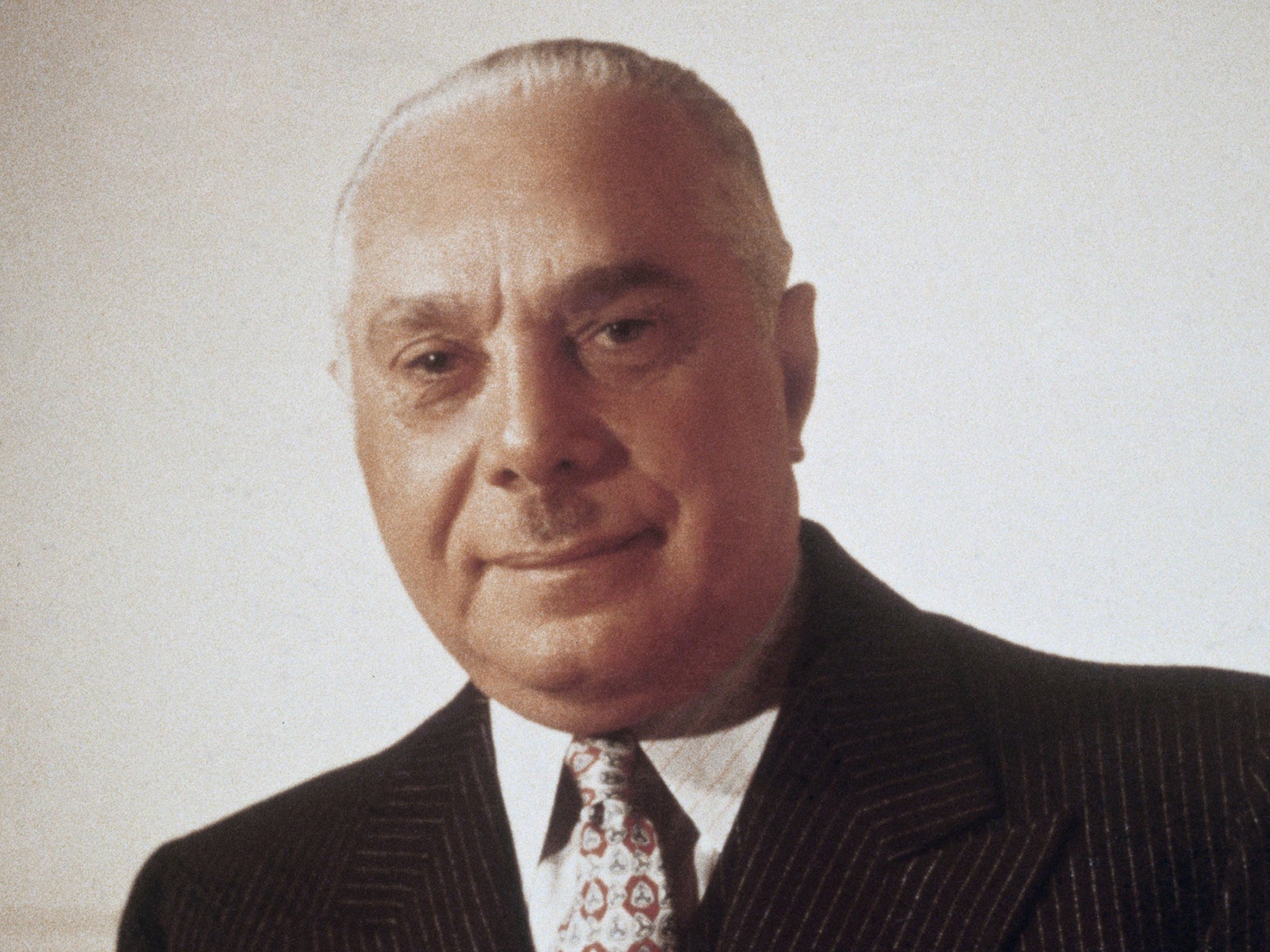The story of how the murdered Mirabal sisters stood up to a brutal dictator will be remembered this week
The International Day for the Elimination of Violence Against Women, on 25 November, marks when three sisters were killed for standing up to the Dominican Republic’s savage ruler Rafael Trujillo, writes David Harding


Thursday is the UN-designated International Day for the Elimination of Violence Against Women. It is a noble cause with a somewhat clunky title, but behind it lies a truly remarkable story.
On 25 November 1960, three sisters Patria, Minerva and Maria Teresa Mirabal were brutally murdered in their home country of the Dominican Republic. Their “crime” was to oppose the appalling dictatorship of Rafael Trujillo.
Trujillo ruled the Dominican Republic with limitless brutality for more than 30 years. He was such a cruel man that his reign seems almost a caricature for dictators. Opponents were routinely killed, allegedly fed to sharks in some cases, he corruptly plundered billions and, almost inevitably, named the country’s highest mountain after himself.
His crimes were not limited to his own country. He ordered the mass killings of up to 30,000 people from neighbour Haiti, which he accused of harbouring his political opponents.
Not many stood up to his savagery – but the Mirabal sisters did. They opposed his regime first as activists, then as outright leaders of the opposition to Trujillo. Their rejection was based on their desire to restore democracy to the country. It even became personal. While at a party in 1949, Minerva rejected the sexual advances of Trujillo.
The sisters became the symbol of resistance in the country, which it was thought made them, to some degree, untouchable. That proved sadly wrong. Exactly 61 years ago they were picked up by Trujillo goons, strangled, beaten to death and their bodies placed in cars and run off a mountain.
The sisters had said they were willing to give up their lives for their struggle and, ultimately, they did. But so did Trujillo. The murder of the sisters so appalled the nation that the leader was gunned down six months later.
Trujillo remains a stain on humanity, while the house where the sisters grew up eventually became a museum and they have been immortalised in the country’s education system. Their name is synonymous with murals, books, plaques, street names around the world, and movies have been made about the feminist icons, portrayed as female Che Guevaras.
And, on 25 November, they will be remembered yet further.
Yours
David Harding
International editor
Join our commenting forum
Join thought-provoking conversations, follow other Independent readers and see their replies
Comments
Bookmark popover
Removed from bookmarks